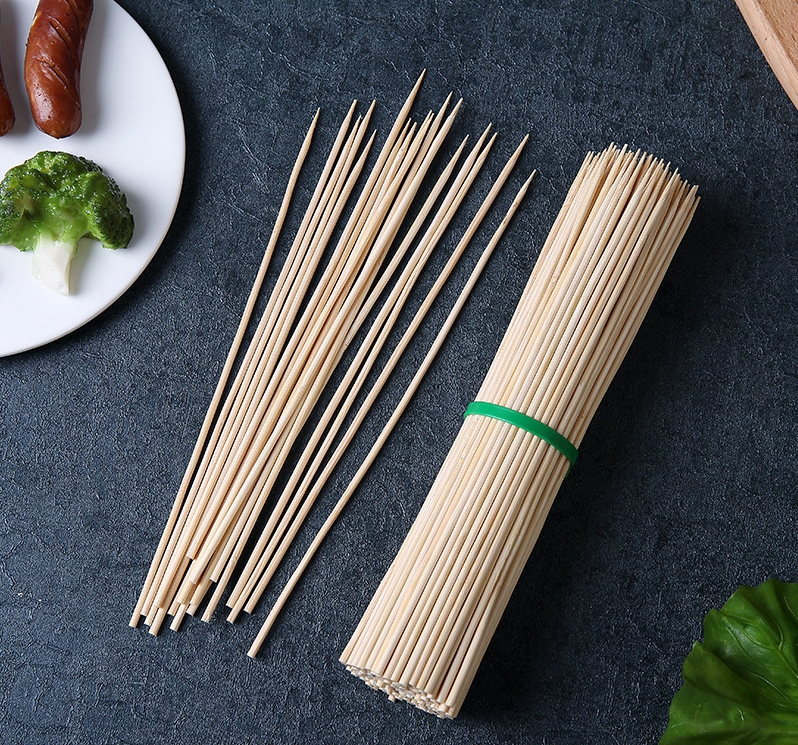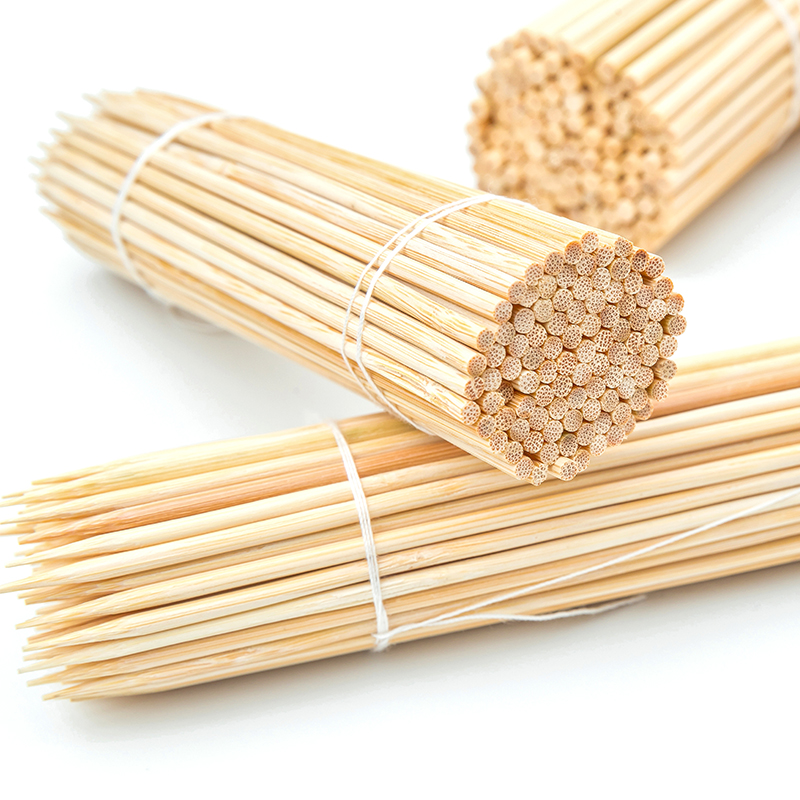
Bamboo's rise as an eco-friendly material has made items like skewers and kitchenware popular alternatives to plastic. But safety concerns linger.
Why Bamboo?
Renewable and biodegradable, bamboo grows faster than most trees and requires fewer resources. Its natural antimicrobial traits also make it appealing for food-related products.
Hidden Risks
While bamboo itself is safe, manufacturing can introduce issues. Some products are treated with chemicals like bleach or adhesives to boost durability or appearance. Low-quality items may retain traces of these substances, though studies show most meet safety guidelines. Improper drying during production can also lead to mold growth, especially in humid environments.
Physical risks include splintering (common in poorly made bamboo skewers) and rare allergic reactions to bamboo fibers.
Safety Tips
•Choose products certified by the FDA or labeled "organic."
•Avoid unnaturally shiny or brightly colored bamboo items, which may signal chemical treatments.
•Wash bamboo skewers before use and discard any with cracks or odd smells.

At Shenzhen Prosperous Household, we are committed to revolutionizing sustainability through high-quality bamboo products. As a leading manufacturer in China, we specialize in machine-crafted bamboo solutions that cater to businesses worldwide, from hotels and restaurants to large retail chains. Our mission is to replace single-use plastics with durable, eco-friendly alternatives, ensuring a greener future for all.
Bottom Line
Well-made bamboo products are generally safe and sustainable. Prioritize trusted brands over bargain options, and inspect items before use. By staying informed, consumers can balance eco-conscious choices with personal safety.
